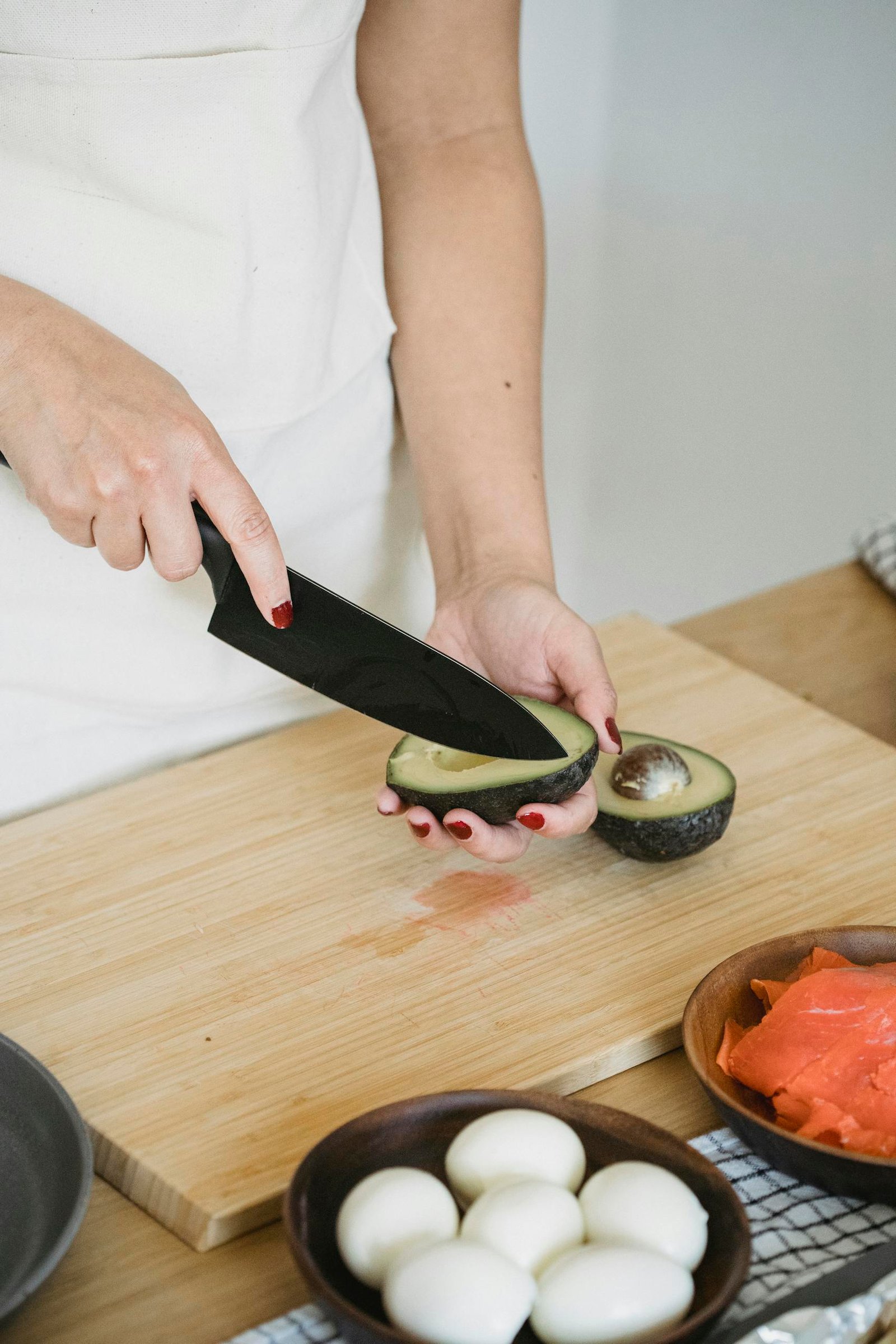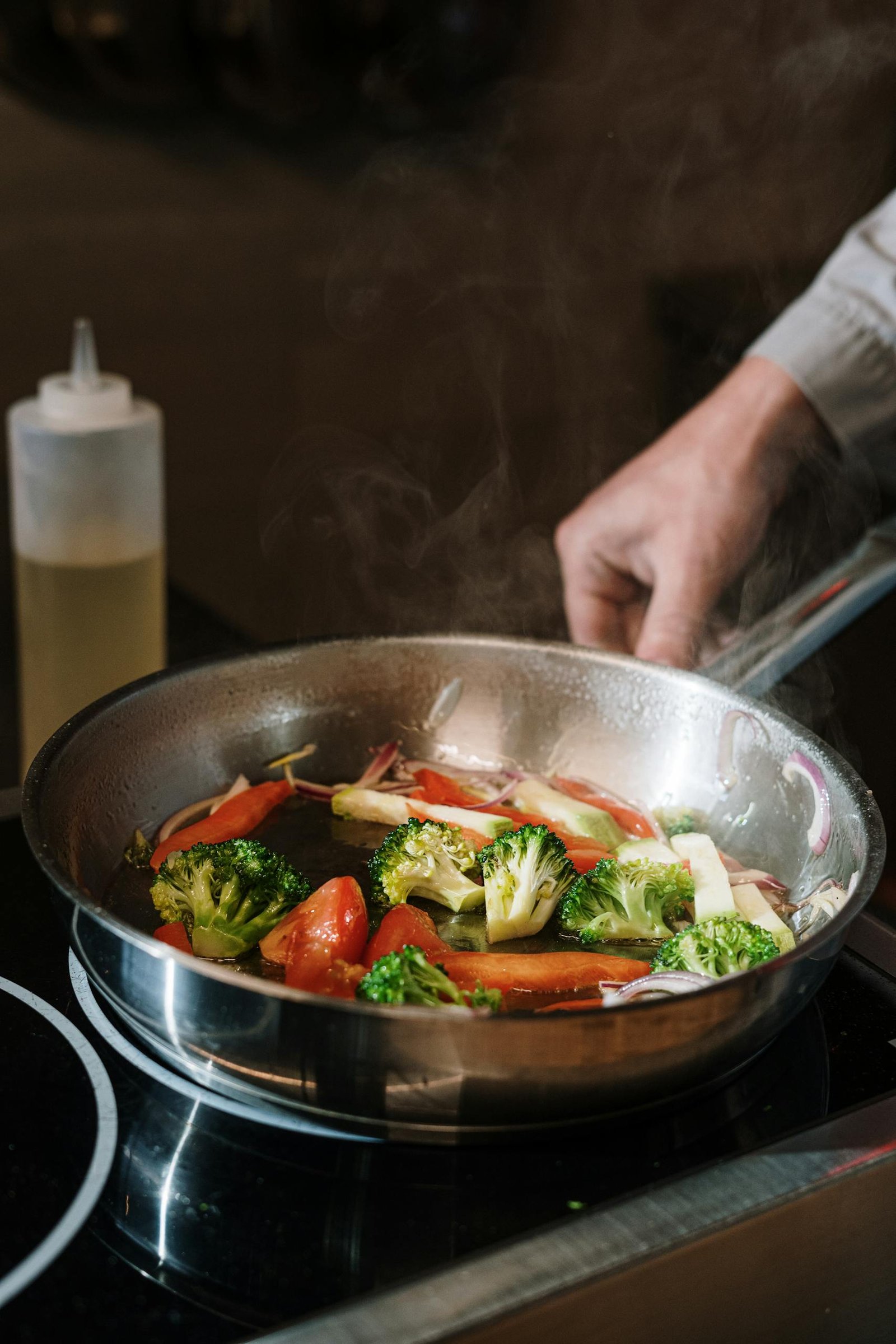Bamboo Cutting Boards: Safety and Considerations
In our daily pursuit of a healthier plastic free lifestyle, choosing the right kitchen tools is crucial. Bamboo cutting boards have gained popularity for their durability, eco-friendliness, and natural antibacterial properties. However, it’s essential to understand the safety aspects and potential concerns associated with bamboo cutting boards to make an informed decision. This article we explore whether bamboo cutting boards are safe, the implications of the glues used, and what our audience needs to know about using bamboo cutting boards.
Are Bamboo Cutting Boards Safe?
Bamboo cutting boards are generally considered safe and offer several advantages over traditional wooden and plastic boards. Here are some of the reasons why bamboo cutting boards are a good choice:
Natural Antibacterial Properties
Bamboo possesses natural antibacterial properties, which make it an excellent material for cutting boards. These inherent properties help inhibit the growth of harmful bacteria on the board’s surface, significantly reducing the risk of bacterial contamination during food preparation. As a result, bamboo cutting boards offer a more hygienic option for your kitchen, ensuring that your food preparation surfaces remain cleaner and safer for daily use (Cliver, 1997).
Durability and Hardness
Bamboo is a highly durable material. It is harder than most hardwoods used for cutting boards, which means it is less prone to scratches and cuts. This durability helps maintain a smooth surface that is easier to clean and less likely to harbor bacteria.
Eco-Friendliness
Bamboo is a fast-growing, renewable resource, making it an environmentally friendly choice. It grows quickly without the need for pesticides or fertilizers, reducing its environmental impact compared to other materials.
The Safety of Glue Used in Bamboo Cutting Boards
One concern with bamboo cutting boards is the adhesive used to bind the bamboo strips together. It’s important to know if these glues are food-safe and if they might leach harmful chemicals into your food.
Food-Safe Adhesives
Reputable manufacturers use food-safe adhesives that comply with health and safety standards. These glues are designed to withstand regular use without breaking down or leaching chemicals, even when exposed to moisture and food acids. Always look for cutting boards that explicitly state they use food-safe adhesives.
Concerns About Formaldehyde
Some bamboo products may use adhesives containing formaldehyde, a chemical that can be harmful if ingested. To avoid this, choose bamboo cutting boards labeled as formaldehyde-free or those that use low-VOC (volatile organic compound) adhesives. Checking for certifications such as FDA approval or compliance with European Union standards can also ensure the safety of the adhesives used.
Potential Concerns with Bamboo Cutting Boards
While bamboo cutting boards offer many benefits, there are a few concerns that users should be aware of:
Hardness and Knife Wear
The hardness of bamboo can be a double-edged sword. While it makes the board durable, it can also be tough on your knives. Bamboo boards can dull knives more quickly than softer woods. To mitigate this, ensure you regularly sharpen your knives and use proper cutting techniques.
Maintenance Requirements
Bamboo cutting boards, like all wooden boards, require proper maintenance to stay in good condition. Regular oiling with food-grade mineral oil or beeswax is necessary to prevent the board from drying out and cracking. Proper cleaning and drying are also crucial to prevent warping and maintain the board’s longevity.
Potential for Mold Growth
If not properly cared for, bamboo cutting boards can develop mold. This is more likely if the board is left damp or stored in a humid environment. To prevent mold growth, always dry the board thoroughly after washing and store it in a dry place.
Conclusion
Bamboo cutting boards are a safe and sustainable choice for your kitchen, offering natural antibacterial properties, durability, and eco-friendliness. However, it is essential to choose products that use food-safe adhesives and to maintain the board properly to ensure its longevity and safety. By addressing concerns such as knife wear and potential mold growth through proper care, you can enjoy the many benefits that bamboo cutting boards provide.
References
Cliver, D. O. (1997). Cutting boards in Salmonella cross-contamination. Journal of AOAC International, 80(5), 1053-1058. https://pubmed.ncbi.nlm.nih.gov/16640304/
FDA. (2024). Packaging & Food Contact Substances (FCS). https://www.fda.gov/food/food-ingredients-packaging/packaging-food-contact-substances-fcs
Swenberg, James A et al. “Formaldehyde carcinogenicity research: 30 years and counting for mode of action, epidemiology, and cancer risk assessment.” Toxicologic pathology vol. 41,2 (2013): 181-9. doi:10.1177/0192623312466459







